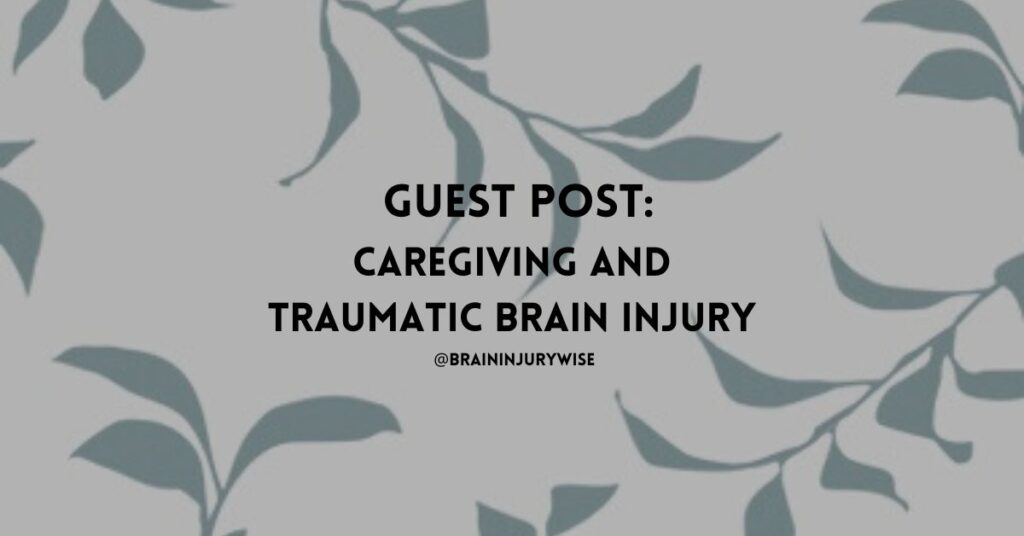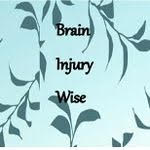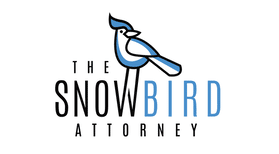
9 ways to tell that I am a caregiver:
- I do not send out greeting cards anymore;
- I am making friends with the homeless guy outside the grocery store where I shop for my elderly parents;
- My regular hair and makeup style is: ponytail, and none;
- I know more pharmacists, PSW’s, doctors, healthcare aides, and rehabilitation specialists than when I worked as a nurse;
- I wake up at 4am thinking the phone just rang (potentially indicating an emergency), but it’s always a dream;
- My dog is bored and overweight;
- I used to enjoy caffeine, now it’s a survival tool;
- I have pillows on every piece of furniture in my house in case I need to lie down;
- I always know what the adaptive device store staff are planning for the weekend and get updates the following week.
Ask anyone who is a caregiver, and they will understand this list. Now try and imagine caregiving while living with a brain injury. Its diabolical. It tests every fibre of your being. They say to never try to save someone else on an airplane before putting on your own oxygen mask first. Well as a caregiver with a brain injury, I’ve used up all my oxygen and need more, but it’s not available. The plane is going down.
I Am Just Doing the Best I Can
Brain injury symptoms include lack of empathy, fatigue, problems communicating, lack of exertion tolerance, disorganized organizational skills, and impaired cognitive processing, to name a few, all of which are critical to caregiving. How am I doing it then? How successful am I as a caregiver? Well, I’m just doing the best that I can. At first, I thought to myself, when my parents started to ail, that “I can do this”.
Even though I was unable to return to my coveted nursing job after my crash, somehow, I believed I could tackle caregiving like a replacement job. But quickly I realized my limitations. They came in the form of: a short fuse, high emotionality with leaky brake, impulsive reactions, lack of patience, martial strain, arguing with family members, little flexibility in my thinking and craving control like oxygen.
I started to think “There is no way I can do this” and “how is it you are screwing up so badly” and “caregiving should be easier”. But then I found a way to move through. I began seeing elements of my own cognitive issues reflected in my parents’ cognitive decline. I understood what they were going through and was able to relate on that level. I found myself in conversations with them about loss, grief, denial, and dealing with cognitive loss.
With time the messages in my head softened and became “you are doing the best you can” and “errors in communication are ok” and “cut yourself some slack”. I also realized that there may be times when I was not available to able to help, or in an emergency, and that would have to be ok. Feeling like I’m on call 24/7 was exhausting and thinking I was the only solution to all my parents’ problems is not sustainable for my own life.
Finding a Balance is Crucial
10 years after my crash I still have all my own rehabilitation appointments to attend, a marriage to cultivate, kids to visit, friends to see, a dog to walk, a life to live. Finding the balance between being there for my parents regularly, but not to the exclusion of my own needs was crucial. This is still the goal and not yet the destination. I’m working on this every day. Perfection is out the window.
With a brain injury I’m not sure I will ever get to this destination but I’m trying to maximize my own recovery while supporting my family. I knew caregiving was hard, but with a brain injury it’s like trying to nail jello to the wall…you want to do well, provide good consistent care, be congruent in all communications, keep your eye on the ball, not miss anything, and keep your own emotions in check. It’s simply not going to happen.
9 ways to tell I am a caregiver with a Traumatic Brain Injury (TBI):
- I create worst case scenarios in my head and then work with them as if they are real.
- Once I help my parents in the morning, I need to sleep for the afternoon.
- Once I’m tired, dizziness and nausea are close behind.
- I make assumptions of the motives of others that are wrong about 75% of the time.
- My anxiety is on overdrive once overwhelmed with responsibility.
- I let down my rehab therapist every time as she encourages me to exercise in my free time.
- Once exhausted, I cannot think my way out of any scenario.
- As a start, I need complete silence and 10 hours sleep for several days to recover from any one busy day.
- My friends hear a lot of complaining from me.
All you can do is what you can do. And I have stopped apologizing for my everyday errors in judgement and brain injury related behaviour and save it for when I am way out of line only. Constantly apologizing for my behavior was eroding my self-esteem. I’m showing up for my family in all my imperfect, damaged, slow, fatigued, messy ways. That is what is available and who I am.
For more information on Brain Injury Wise please visit: braininjurywise.com and we also encourage you to follow their story on instagram at Brain Injury Wise.

The Crash Support Network is a unique one-of-a-kind website consisting of an online support group, a crash survivor blog, a quarterly newsletter, “Sharing Our Recovery” as well as highly informative articles. Our website is based on relationship-building and puts the needs of survivors first by creating a helpful resource for victims and survivors of motor vehicle crashes.
This article is also featured in our 2024 Spring Issue of Sharing our Recovery.



